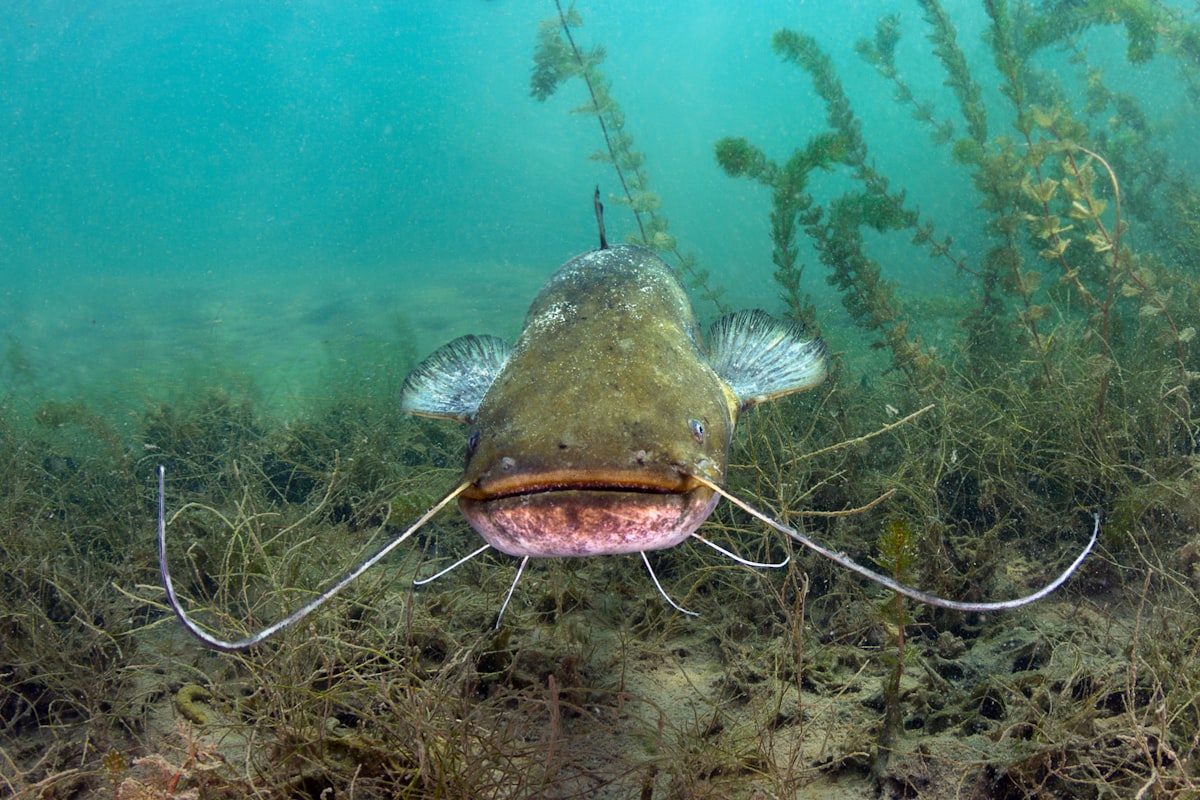Catfishing Can Hook You If You're Not Careful


Catfishing used to be something people did on their day off. It usually involved a lake or river, a cane pole and some worms. Now it’s an online deception in which someone who claims to be a beautiful rainbow trout turns out to be an ugly, slimy old catfish.
To be a little more explicit, catfishing is using Facebook or other social media to portray yourself as someone you’re not. Frequently, a catfish steals someone else’s identity – usually an attractive young person’s — from Facebook, pretends to be that person and begins fishing for consumers who are looking for an emotional, or simply sexual, connection.
The victims are often lonely people who are really just looking for love. They become enamored of the person they think they’re talking to and respond generously when that person says they are having a financial emergency of some sort.
Sometimes the victims aren’t such sympathetic characters. In a recent New York case, an alleged catfish went out trolling for wealthy and high-profile men who were looking for a good time but soon found themselves facing extortion demands.
The defendant, Sakoya Blackwood, 34, of the Bronx, was named in a three-count indictment accusing her of extortion, cyberstalking and intent to extort, United States Attorney for the Southern District of New York Damian Williams said today.
“No one should have to fear public humiliation and financial loss from the release of personal, private information. As alleged, Sakoya Blackwood created that very fear and sought to capitalize on it for her own personal gain, Williams said.
Blackwood’s indictment followed an FBI investigation that began after a victim of Blackwood’s alleged scheme came forward. Investigators believe there are other victims out there and they’re asking them to call 1-800-CALL FBI to share their information.
Prosecutors say Blackwood used multiple online identities to entice her victims. In one case, she made threats against the CEO of a publicly traded company and threatened to expose him by releasing sexually explicit photos if he didn’t pay up. The victim’s identity is being withheld. Blackwood was arrested yesterday and was being held pending trial.
How to spot a catfish
The problem, of course, is that people are often blinded by lust or loneliness and don’t stop to consider whether the person they’re dealing with is really who they say they are. That attractive young woman might really be an overweight older men with a cigar habit.
A British consumer group, Age UK, provides six signs that someone might be a catfish:
- You’ve searched the name on the internet but they don’t seem to exist. Or they do, but the photos don’t match the photos on the dating profile.
- They’re asking for money early into your relationship. They might be saying it’s to come and visit you.
- They’re telling you they love you, but you’ve only been talking for a couple of days or weeks.
- They’re avoiding fact-to-face contact, either meeting up or video chats.
- They’re just a little too perfect.
- Their stories sometimes conflict with each other, or don’t quite add up.
As in so many other online scams, catfish thrive on the human desire for a meaningful or at least pleasurable relationship. But believing that what you see is what you get doesn’t work well online. The best way to avoid online romance scams is dealing face-to-face. Volunteer work, religious organizations and other local opportunities offer a much greater chance of success than dropping a line in the internet and seeing what bites.
You could hook a catfish, or something even worse.
